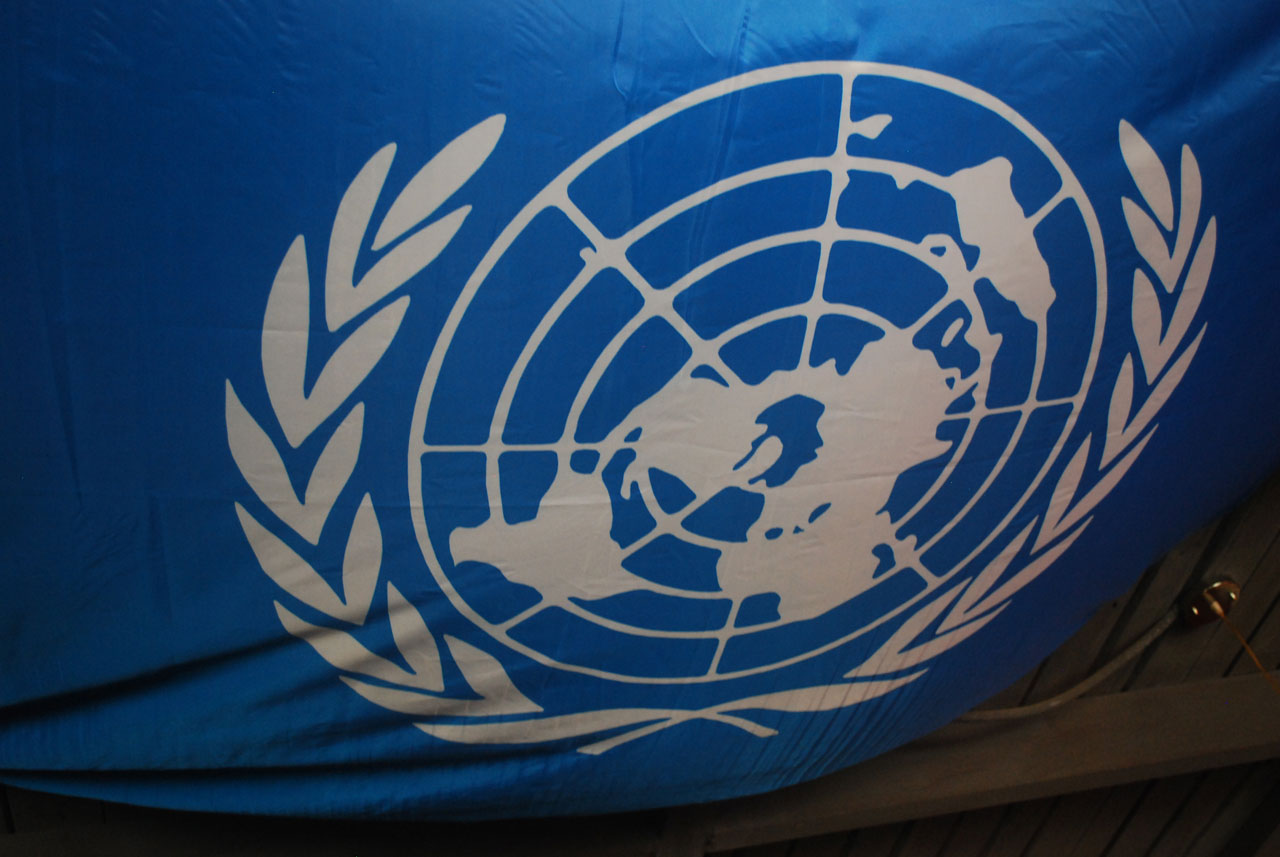Climate change has become an increasingly pressing global issue, with the scientific consensus growing that the current warming trends are largely driven by human activity. As a result, many nation states around the world have taken action to address the impacts of climate change, developing strategies ranging from environmental protection measures to international agreements. In this blog post, we will explore the role of climate change and the nation state, and discuss how they can work together to tackle this urgent challenge.
Table of Contents
The Nation State’s Role in Responding to Climate Change
Given the rise in migration due to climate change, nation states around the world have a responsibility to respond. Nation states have a variety of tools at their disposal to help address climate change, including:
- Implementing environmental protection and conservation measures
- Developing renewable energy resources
- Reducing emissions of greenhouse gases
- Introducing carbon taxes or emissions trading schemes
- Promoting energy efficiency and clean technology
- Engaging citizens through campaigns and programs
One of the most effective ways to address climate change on a global level is to support multilateral agreements. International agreements such as the Paris Agreement and the United Nations Framework Convention on Climate Change provide a framework for nations to work together to reduce emissions and adapt to the impacts of climate change.
The Need for International Cooperation Between Nation States
Given the complex and interconnected nature of climate change and the nation state, it is clear that governments need to work together to develop effective strategies for responding to the challenge. Collaboration between nations, as well as between government and non-governmental organizations (NGOs) and private sector actors, is essential for joint actions to be successful.
This is especially true when it comes to implementing and monitoring global emissions targets. Major greenhouse gas emitters, such as China, India and the US, can only meet their commitments by working together, and need additional support from other nations. The Paris Agreement outlines a collective responsibility to limit global warming to well below 2 degrees Celsius.
Addressing Inequality Between Nation States
Climate change is a global challenge, but its impacts are unevenly distributed both within and between nations – those who are least responsible for the causes of climate change are often the worst affected. In addition, some nations lack the resources and capacity to respond to climate change, and may require additional support to develop and implement effective strategies.
It is therefore important that international agreements include provisions for supporting less developed countries in responding to climate change. For example, the Paris Agreement’s global goal of net zero emissions is linked to the idea of “common but differentiated responsibilities and respective capabilities”. This means that all nations should strive to meet the agreement’s objectives, but that more advanced and wealthy nations should bear a greater share of the burden.
Conclusion
Climate change is a global challenge that requires collective action from nation states around the world. Although each nation has a responsibility to respond to the challenge, it is vital that nation states cooperate and support each other in order to effectively address the root causes of climate change and adapt to its impacts. Multilateral agreements provide a useful framework for coordinating global action for climate change and the nation state, while acknowledging the differences in capabilities between nations. It is essential that all countries commit to addressing the issue by working together to build a more sustainable future.
